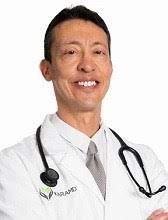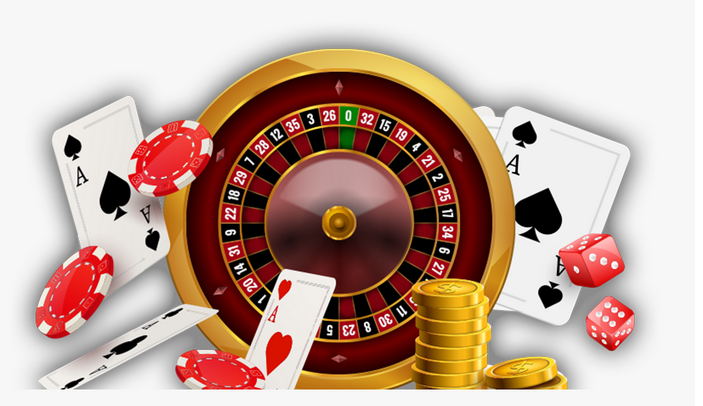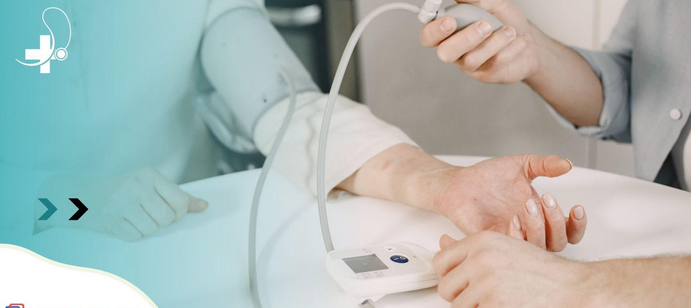In the ever-evolving landscape of healthcare, an innovative and integrative approach is gaining recognition and prominence. The convergence of Western and Eastern medicine represents a powerful paradigm shift that holds immense promise for improving patient care and overall well-being. This harmonious union seeks to combine the strengths of two distinct medical traditions, fusing evidence-based practices with ancient wisdom to create a holistic healthcare model. Dr Mahmud kara Akron oh, a visionary advocate of this integration, stands as a beacon of progress in bridging Western and Eastern medical practices.
Western Medicine: Precision and Technology
Western medicine, characterized by its precision, scientific rigor, and cutting-edge technologies, excels in diagnosing and treating acute conditions. It shines in emergency medicine, surgery, and specialized interventions, often delivering immediate and life-saving care. However, it occasionally falls short in addressing the broader context of chronic diseases and the intricate interplay of mind, body, and spirit.
Eastern Medicine: Holistic Healing and Balance
In stark contrast, Eastern medicine, encompassing ancient practices such as Traditional Chinese Medicine (TCM) and Ayurveda, focuses on holistic healing, energy balance, and restoring the body’s innate equilibrium. It offers therapies like acupuncture, herbal medicine, and meditation, emphasizing the prevention of ailments and the promotion of overall wellness. Eastern medicine excels in addressing the root causes of chronic conditions and enhancing the body’s self-healing mechanisms.
The Synergy of Integration
The beauty of integrating Western and Eastern medicine lies in the synergy it creates. This harmonization allows healthcare practitioners to offer patients the best of both worlds. By conducting comprehensive assessments that incorporate Western diagnostics and Eastern diagnostic methods like pulse and tongue analysis, practitioners gain a more profound understanding of patients’ health.
Personalized treatment plans are the hallmark of this approach. While Western medicine typically follows standardized protocols, the integration of Eastern medicine permits a personalized therapeutic approach. For instance, a cancer patient undergoing Western treatments like chemotherapy could complement their regimen with acupuncture sessions derived from Eastern practices. These sessions not only help alleviate treatment side effects but also promote an enhanced sense of overall well-being.
A Future of Holistic Healing
The convergence of Western and Eastern medicine, as championed by Dr Mahmud Kara and like-minded healthcare pioneers, signifies a transformative shift in healthcare. It underscores the importance of personalized care, a deeper understanding of health, and a more comprehensive approach to treatment. This integrative model transcends conventional boundaries, propelling healthcare towards a patient-centered paradigm that prioritizes excellence, prevention, and holistic healing.
Dr Mahmud Kara As the journey towards harmonizing Western and Eastern medicine continues, patients and practitioners alike can look forward to a future where healthcare is truly holistic, compassionate, and empowering, offering remarkable improvements in patient outcomes and well-being. This marriage of traditions unlocks the healing potential within each of us, fostering a brighter and healthier world for all. The synergy of Western and Eastern medicine is a testament to the power of integration, where the best of both worlds converges to nurture a more holistic and fulfilling approach to healthcare.



